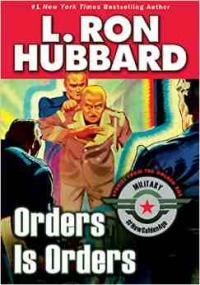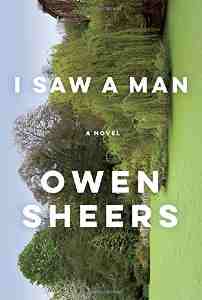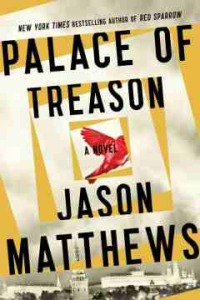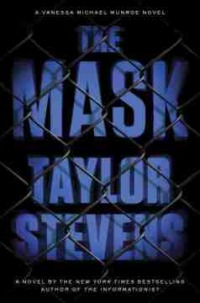Hard Rain by Peter Abrahams
 Monday, July 20, 2015 at 10:36AM
Monday, July 20, 2015 at 10:36AM 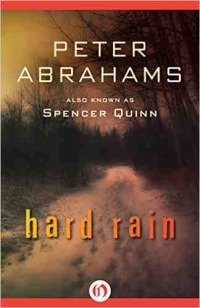
First published in 1988; published digitally by Open Road Media on July 28, 2015
Peter Abrahams writes the terrifically amusing Chet and Bernie novels using the penname Spencer Quinn. First published in 1988, Hard Rain is a more traditional thriller. It moves quickly and features a likable protagonist and a quirky supporting cast. I think Abrahams hit his stride with the Chet and Bernie series, but Hard Rain proves that he is a writer with range.
Jessie Rodney expects Pat, her ex-husband, to drop off their daughter, Kate, but neither Pat nor Kate can be found. Jessie finds Kate's favorite shoes and the book Kate was reading in Pat's house. Some words are written on a blackboard in a language Jessie does not recognize. When she visits the house again, the words have been erased. It soon becomes clear that Jessie's life is at risk, although why that is true is not so clear.
Jessie's search for her daughter takes her back to Pat's younger days, when he lived in a commune and played in a band with a senator's son who went MIA in Vietnam. There she meets a number of societal dropouts, some of whom knew Pat back in his commune days (although none of them can imagine Pat in the role of husband or father). Eventually some villains appear.
Also appearing is a member of the intelligence community named Ivan Zyzmchuk, who is too old for field work but unsuited to an office environment. He is nevertheless assigned to an investigation -- probably his last before a forced retirement and an opportunity to get him out of the office -- that will (for reasons not immediately made clear) bring him into contact with Jessie.
Much about Hard Rain is not immediately made clear, which is why it tells such an intriguing story. The plot that eventually emerges, like the solution to the various mysteries that Jessie and Zymchuk encounter, is plausible, although a bit too contrived. Notwithstanding that it is fairly easy to guess the central truth (or at least part of it) before it is revealed, the resolution of a collateral mystery at the end surprised me -- probably because I lost track of it. Abrahams packed a lot of plot into this novel and did it without wasting words, which I appreciate. While I enjoyed Hard Rain for its colorful characters more than its plot, the story always held my interest.
RECOMMENDED
